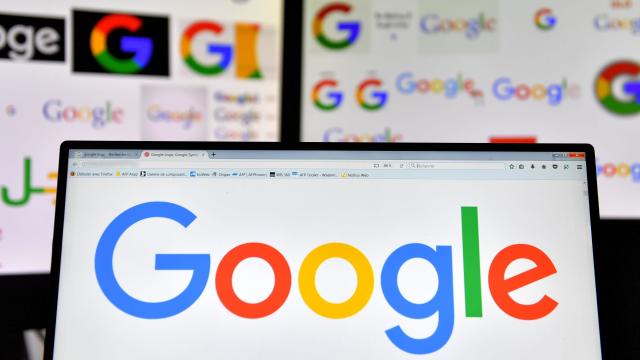Faced with the increasingly vocal criticism that it’s one of the primary reasons why newsrooms are struggling, Google announced today a new licensing program that will pay certain publishers for content ahead of launching a “new news experience” later this year.
In a blog, Brad Bender, Google’s vice president of news products, writes that the program will help publishers “monetise their content” via a vaguely described “enhanced storytelling experience.” To start things off, Bender says that Google has already inked deals with local and national publishers in Germany, Australia, and Brazil. Some of the participating media groups include the Spiegel Group, which publishes one of Germany’s largest news sites Der Spiegel, Brazil’s Diarios Associados, and according to the Financial Times, Australia’s Schwartz Media. Bender also writes that Google is in ongoing talks with “many more partners” in the coming months.
It would appear that Google is looking to create a sort of Apple News-esque experience within its Google News and Discover platforms, though it’s too early to tell exactly what the final product will look like. Details about the experience, as well as how much Google will pay participating publishers, were scant. That said, the Financial Times reports that readers will be able to skirt paywalls under the agreement and quoted Bender as saying the licensing program would go “above and beyond” Google’s $US300 ($436) million investment in its Google News initiative.
It sounds good, but don’t go patting Google on the back just yet. These sorts of licensing arrangements aren’t a panacea for a dying news industry squeezed by greedy tech giants criticised for saying it would only use “trusted news sources” for its Facebook News tab while including Breitbart. Another criticism is that the fees tech giants have agreed to pay publishers just aren’t enough to make up for years of damage.
It’s also not comforting that Google recently straight up decided to alter how news articles appear in French search results to avoid having to pay publishers for displaying snippets of content. Instead Google said it would only display headlines in France. At the time, publishers had hoped that a new European Union copyright directive would put more money in their coffers, as it allows the press to request payment from platforms like Google and Facebook for displaying their content online.
“We don’t accept payment from anyone to be included in search results. We sell ads, not search results, and every ad on Google is clearly marked,” Google’s Richard Gingras, vice president of news, wrote in a blog. “That’s also why we don’t pay publishers when people click on their links in a search result.”
This is laughable when you consider the same blog says Google Search and News helps publishers by sending “large amounts of traffic to publishers.” This doesn’t account for the fact that Google periodically changes its search algorithm, but doesn’t disclose the particulars of changes made, leaving media companies wondering if each update will tank traffic overnight, as a recent update in November 2019 did for many sites.
Or the fact that Google (and Facebook) takes a cut when digital media places ads on sites, and then takes yet another cut from advertisers who use Google (and Facebook’s) ad tech to place the very same ads. The end result is Google and Facebook taking home roughly 60-70% of every dollar spent on the digital advertising that’s supposed to help newsrooms keep the lights on ” all while painting itself as a service that actually helps publishers. And, even if publishers wanted to go elsewhere, they can’t really. A News Media Alliance report says that Google accounts for 90% of search and nearly 70% of the online ad tech market.
Still, paying publishers at all is a step in a better direction. That said, it shouldn’t be left up to the arbitrary “generosity” of a tech giant looking to offload some bad press for having a hand in strangling journalism. In April, the Australian government said it aims to force Google and Facebook into sharing ad revenue with Australian newspaper publishers ” a move both companies were displeased with. In the past, it has also pulled Google News from Spain after facing copyright fees and earlier this year, it was ordered by French authorities to start paying publishers.
Google is quick to remind everyone that it set up a Journalism Emergency Relief Fund, waived an ad-serving fee on Google Ad Manager, and lobbed $US15 ($22) million in a Support Local News campaign to ease the financial blow newsrooms were dealt due to the global pandemic. But the hundreds of millions Google says it’s dedicated to helping newsrooms is still a drop in the bucket when you consider that Google raked in roughly $US135 ($196) billion in ad revenue in 2019 alone.
If these measures were remotely enough, perhaps the News Media Alliance wouldn’t have felt the need to send a white paper titled “How Google Abuses Its Position as Market Dominant Platform to Strong-Arm News Publishers and Hurt Journalism” last week to the Department of Justice, calling for an investigation into its anticompetitive behaviour.
